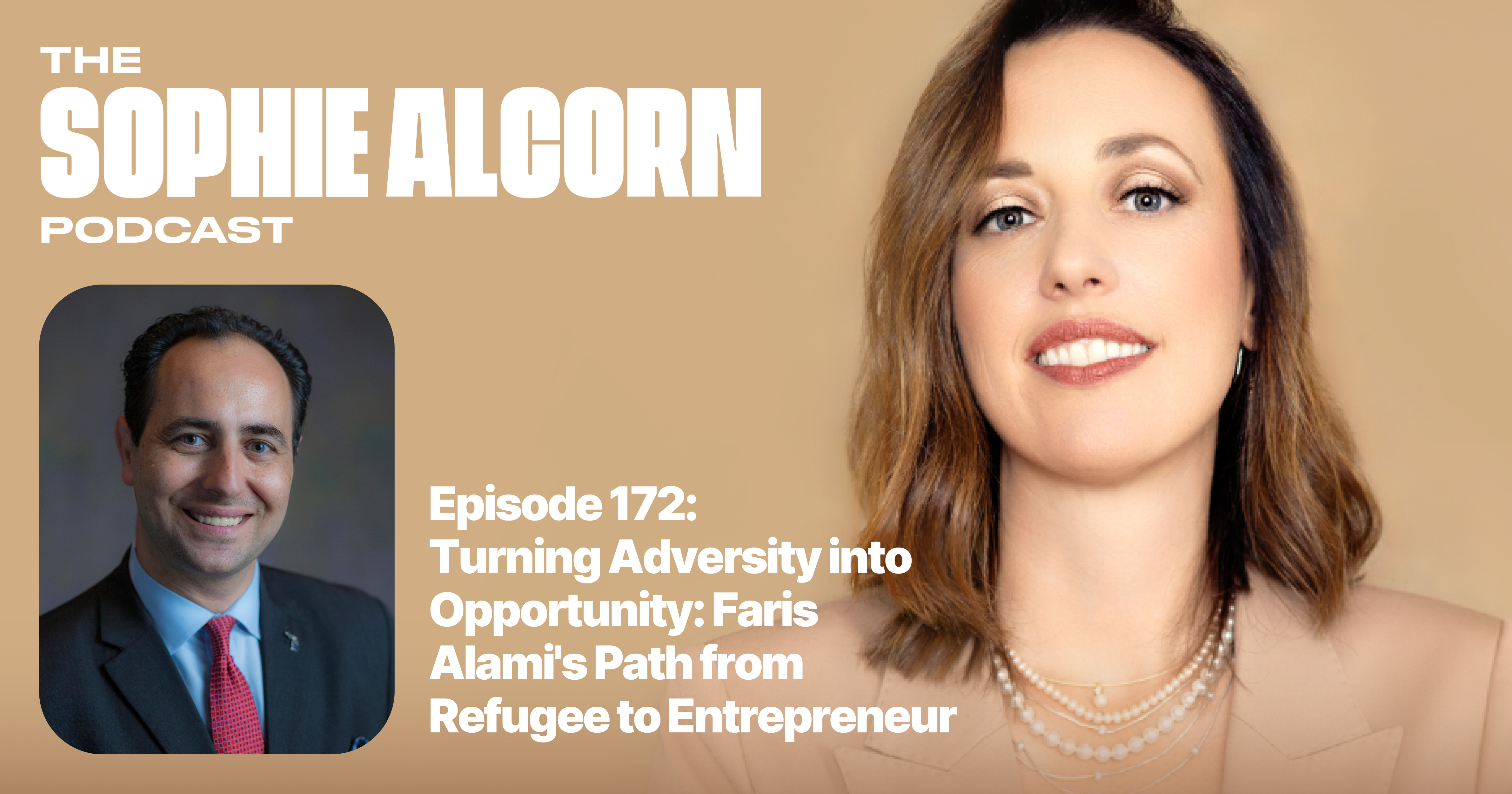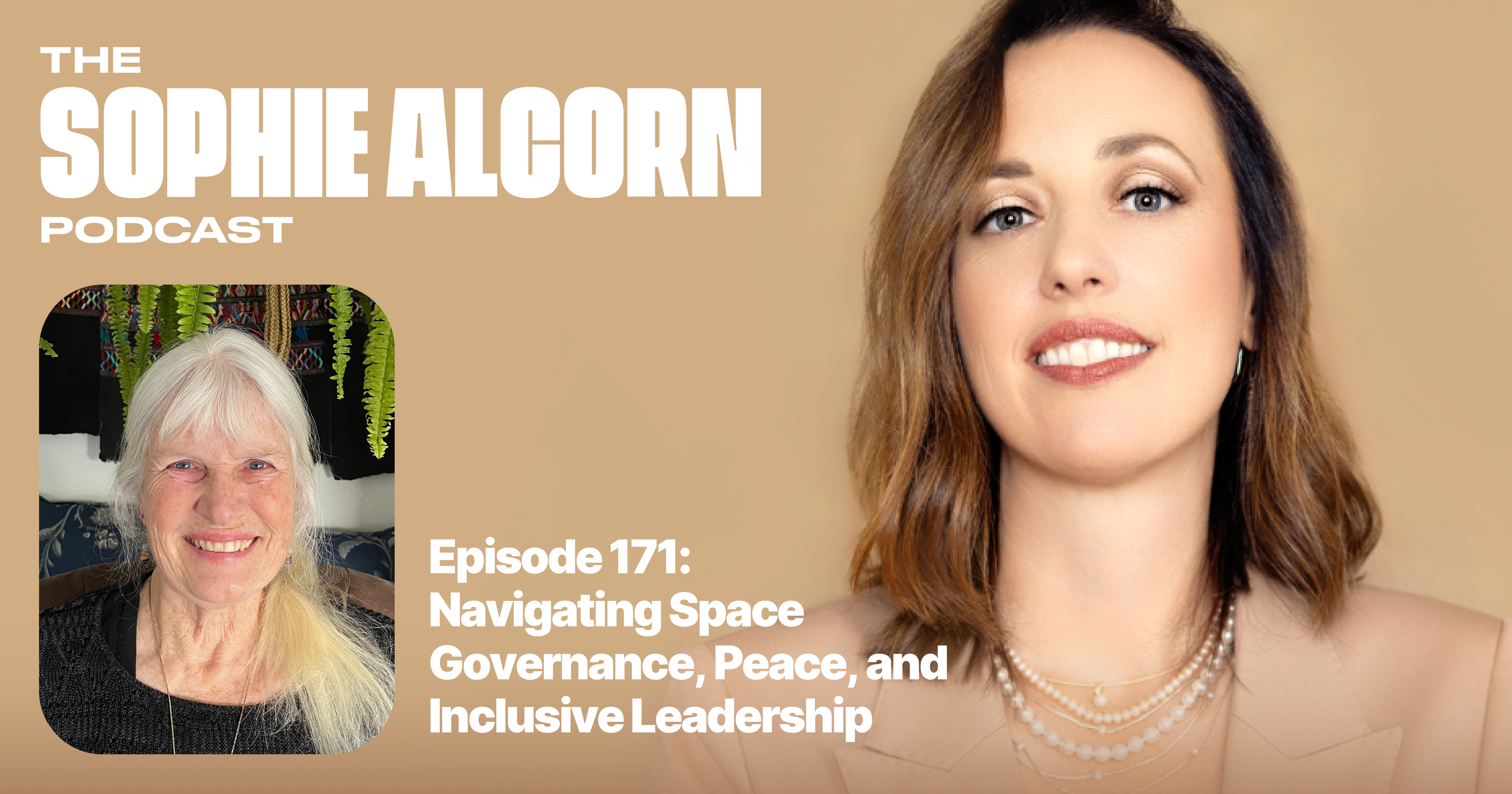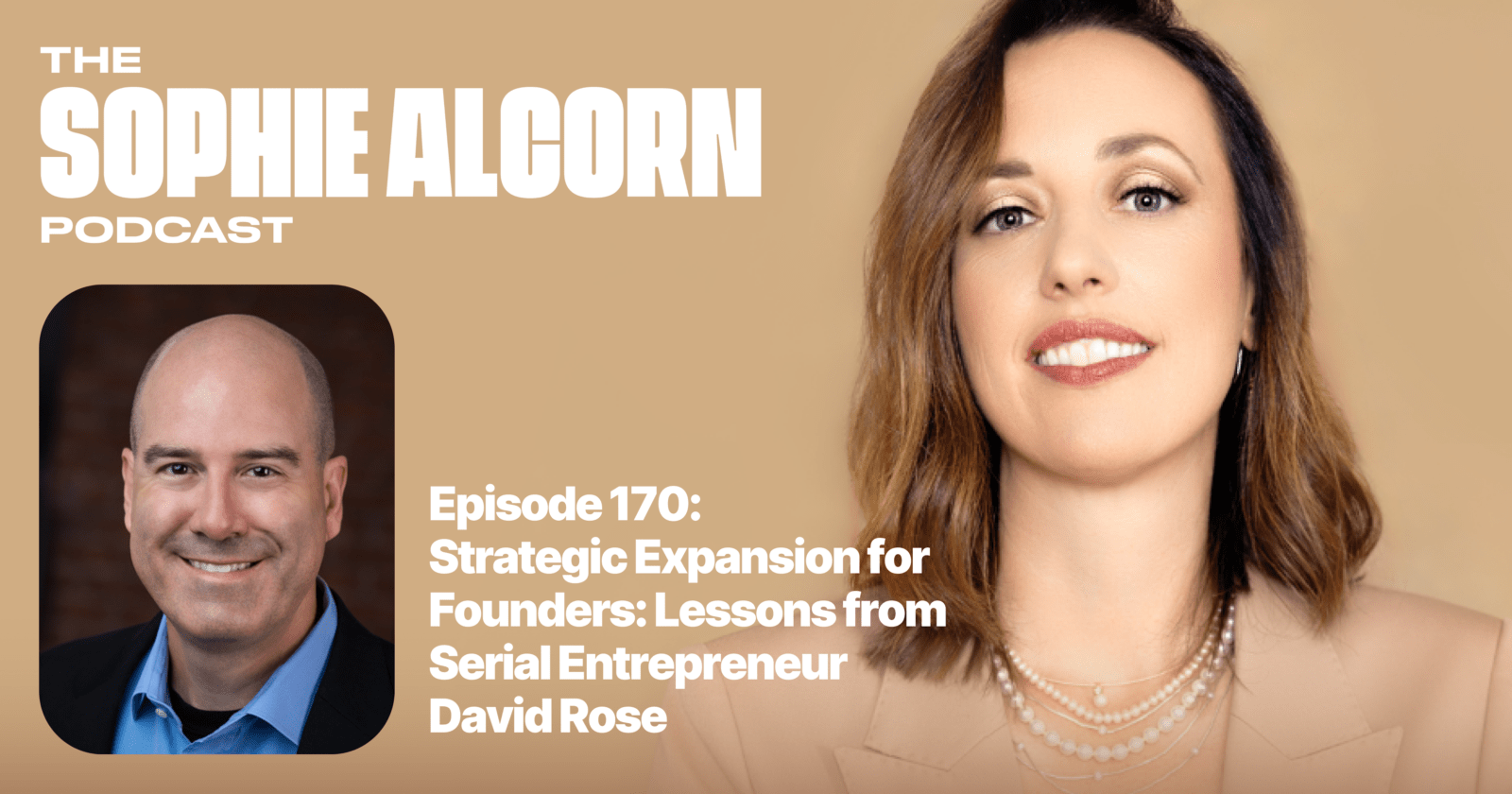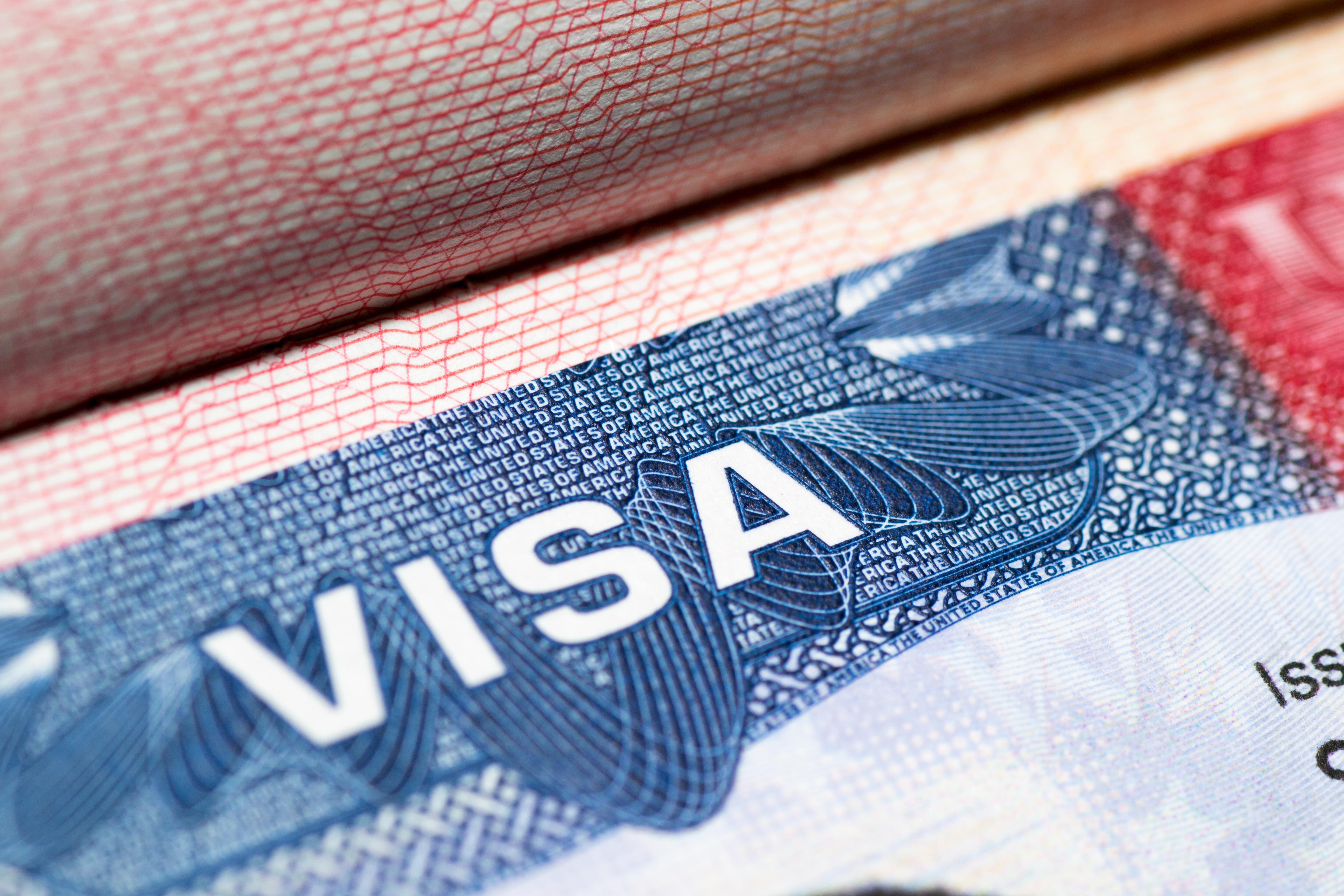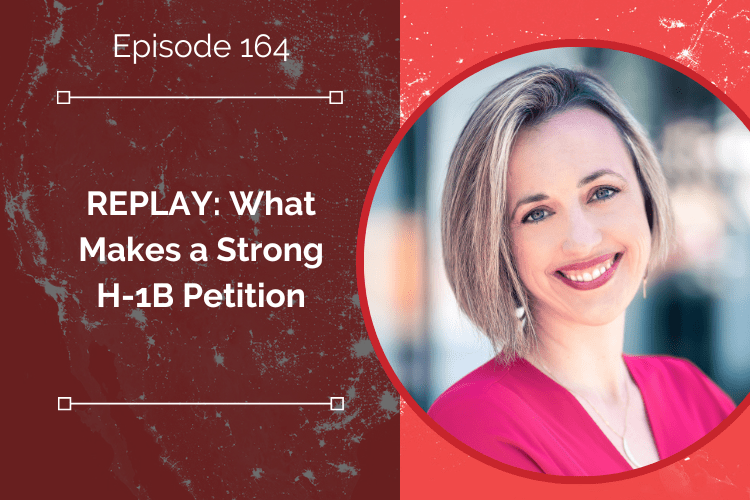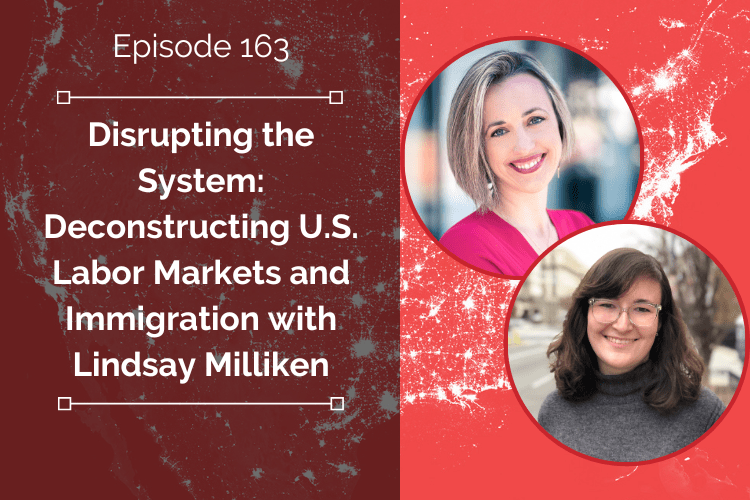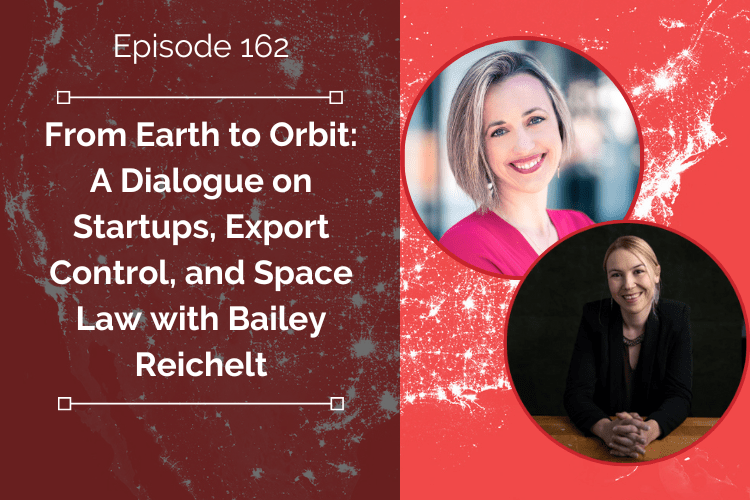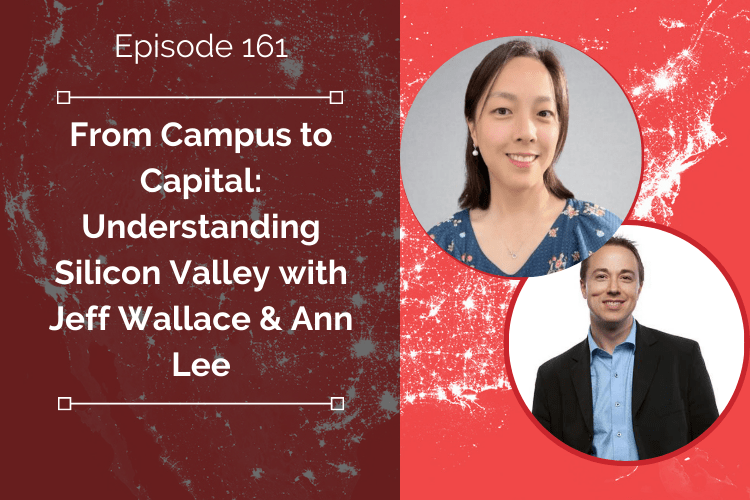Faris Alami's story is one of resilience and determination, tracing his path from a Palestinian refugee in Kuwait to a successful entrepreneur in America. Despite facing numerous challenges and …
Space Governance and Human Coexistence: Challenges and Opportunities for Peace
This episode explores themes ranging from space governance to fostering peace and embracing feminine leadership qualities. The vision behind these endeavors is rooted in achieving a world beyond war, …
Strategic Expansion for Founders: Lessons from Serial Entrepreneur David Rose
In the fast-paced world of startups, success isn't just about having a great idea—it's about knowing when and how to bring it to market, building meaningful relationships, understanding your target …
Alcorn Immigration Law Leverages International Entrepreneur Rule to Support Startup Founders Pursuing U.S. Residence
Silicon Valley’s premier immigration law firm announces representation for entrepreneurs seeking to establish roots in the U.S. through the International Entrepreneur Rule. FOR IMMEDIATE RELEASE. …
Mastering the H-1B Visa Process: Insider Strategies for a Successful Petition
Navigating the complex world of H-1B visas can be daunting for tech professionals, startup founders, and HR experts. But with the right insider strategies, you can transform your H-1B lottery …
Disrupting the System: Deconstructing U.S. Labor Markets and Immigration with Lindsay Milliken
The landscape of technology and innovation in the United States is at a pivotal crossroads. The key to unlocking the next wave of breakthroughs and advancements could very well lie in the hands of …
From Earth to Orbit: A Dialogue on Startups, Export Control, and Space Law with Bailey Reichelt
The cosmic world of space technology is an exciting frontier. From navigating celestial bodies to exploring the depths of the cosmos, space technology has a profound impact on our understanding of the …
From Campus to Capital: Understanding Silicon Valley with Jeff Wallace & Ann Lee
Entrepreneurship has no borders. No matter where you are, you can always find a vibrant community of individuals willing to take risks and launch new ventures. However, for many entrepreneurs, …
Startup Acceleration and Immigration Insights with SV Veteran Miles Randle
In this podcast episode, we delve into the world of startups and immigration, with a spotlight on the Venture Seed Studio model, featuring Miles Randle. A Silicon Alley veteran, Miles has spent over a …
Continue Reading about Startup Acceleration and Immigration Insights with SV Veteran Miles Randle →
From Founding to Funding: Understanding Venture Capital Potential with Kristen Ostro & Nicole Fuller
Are you intrigued by the dynamic world of venture capital? Join us on a thrilling exploration of the venture capital universe with special guests, Kristen Ostro and Nicole Fuller from Strut …

